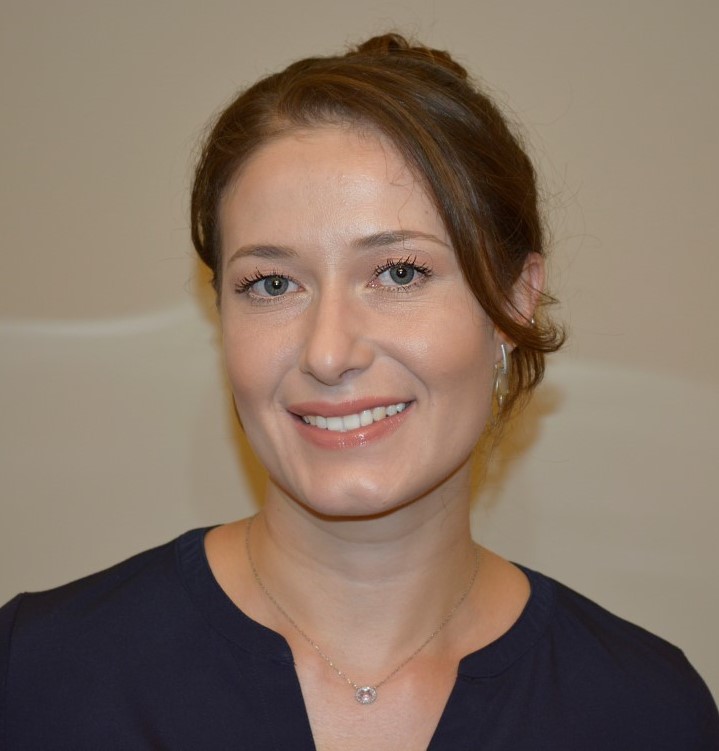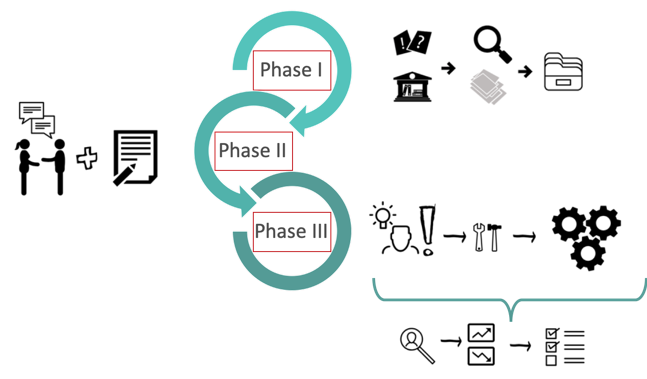
Bric study - Burnout and resiliency levels among organ donation coordinators: Research protocol
Vanessa Silva e Silva1,2,3, Laura Hornby3, Ken Lotherington3, Amber Appleby3, Amina Silva1,2,3, Andrea Rochon1,2,3, Sonny Dhanani4.
1Research Institute, Children's hospital of Eastern Ontario, Ottawa, ON, Canada; 2School of Nursing, Queen's University, Kingston, ON, Canada; 3Canadian Blood Services, Ottawa, ON, Canada; 4School of Medicine, University of Ottawa, Ottawa, ON, Canada
Canadian Donation and Transplantation Research Program.
Background: Numerous research studies have highlighted the importance of the organ and tissue donation coordinator (OTDC) to the success of organ donation3-7, 10. However, facing challenging and stressful scenarios on a daily basis often leads to burnout, attrition, and compassion fatigue among OTDCs7-9. Unfortunately, for some OTDCs, coping with emotions and quality expectations is overwhelming and they may resign in less than 3 years7, 9. Increased turnover rates of OTDCs would likely have significant impact on the ability of Organ Donation Organizations to optimize donation. We are proposing an innovative way of dealing with burnout: identifying and intervening in the causes to avoid losing experienced and exceptional OTDCs.
Methods:
Phase 1: a Joanna Briggs Institute systematic scoping review will be conducted to answer the question: What experiences of burnout, compassion fatigue, and/or attrition among OTDCs worldwide have been reported?
Phase 2: a mixed-method study based on the scoping review results will be conducted to identify the extent of the problem among Canadian OTDCs.
Phase 3: an interventional study will be developed and implemented to address the main issues faced by OTDCs in Canada. Methods overview: figure 1.

Expected Results: Phase 1 will generate findings about burnout and turnover among coordinators worldwide. Phase 2 will determine unknown characteristics and extent of this issue in Canada. Phase 3 will contribute to the healthcare system by improving OTDCs mental health and, consequently, the quality of organ donation processes.
Conclusion: The findings generated by this three-step study will inform the creation and implementation of tailored interventions to address the issue. Interventions will ease the burden felt by OTDCs and help them strive professionally/emotionally, consequently reducing turnover rates. Less burnout and turnover will result in more experienced and satisfied staff, leading to more donors and better experiences by families approached to consent for donation.
[1] 1. Elizalde J, Lorente M. Coordinación y donación. Anales del Sistema Sanitario de Navarra. 2006;29:35-43.
[2] 2. Rachmani R. The organ donation process—workshop. Transplantation Proceedings.32(4):759-60.
[3] 3. Karatzas T, Menoudakou G, Chatzixiros E, Kyrkou B, Maleskou S, Kostakis A. Improving the Organ Transplantation Program in Greece: Institution of Local Transplant Coordinators' Network. Transplantation Proceedings. 2007;39(4):793-6.
[4] 4. Salim A, Brown C, Inaba K, Mascarenhas A, Hadjizacharia P, Rhee P, et al. Improving Consent Rates for Organ Donation: The Effect of an Inhouse Coordinator Program. Journal of Trauma-Injury Infection & Critical Care. 2007;6(26).
[5] 5. Sarlo R, Pereira G, Surica M, Almeida D, Araújo C, Figueiredo O, et al. Impact of Introducing Full-time In-house Coordinators on Referral and Organ Donation Rates in Rio de Janeiro Public Hospitals: A Health Care Innovation Practice. Transplantation Proceedings. 2016;48(7):2396-8.
[6] 6. Silva VSe, Moura LC, Martins LR, Santos RCCd, Schirmer J, Roza BdA. In-house coordination project for organ and tissue procurement: social responsibility and promising results Revista Latino-Americana de Enfermagem. 2016;24:e2773.
[7] 7. Taylor G, McGaw J, Mayes G, Cossé TJ, Weisenberger T. The coordinator attrition problem in the United States: myth or reality? Journal of transplant coordination : official publication of the North American Transplant Coordinators Organization (NATCO). 1998;8(2):88.
[8] 8. Jesse MT, Abouljoud MS, Hogan K, Eshelman A. Burnout in Transplant Nurses. Progress in Transplantation. 2015;25(3):196-202.
[9] 9. Mao P, Cai P, Luo A, Huang P, Xie W. Burnout and Related Factors in Organ Donation Coordinators: A Cross-Sectional Study in China. Annals of transplantation. 2018;23:647.
[10] 10. Sarti AJ, Sutherland S, Healey A, Dhanani S, Landriault A, Fothergill-Bourbonnais F, et al. A Multicenter Qualitative Investigation of the Experiences and Perspectives of Substitute Decision Makers Who Underwent Organ Donation Decisions. Progress in Transplantation. 2018;28(4):343-8.
There are no comments yet...